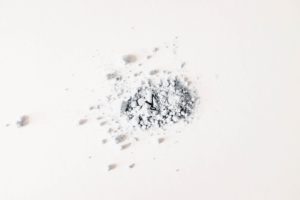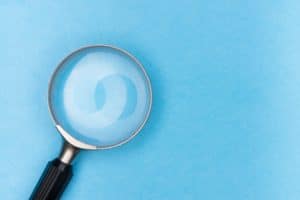
What to Expect When You Go to Your First AA Meeting
Alcoholics Anonymous is a community of people who have one thing in common: they’ve all had a drinking problem. In recovery from alcohol addiction, each person goes to an AA meeting for different reasons. Some people go because it’s what they know and trust. Others go because it gives them a safe space to process their feelings. Some go because they need the fellowship of others who understand what they’re going through. However you choose to attend your first AA meeting, it’s important that you keep an open mind free of judgment. Here is a brief overview of what you can expect when you first enter your local AA meeting:










